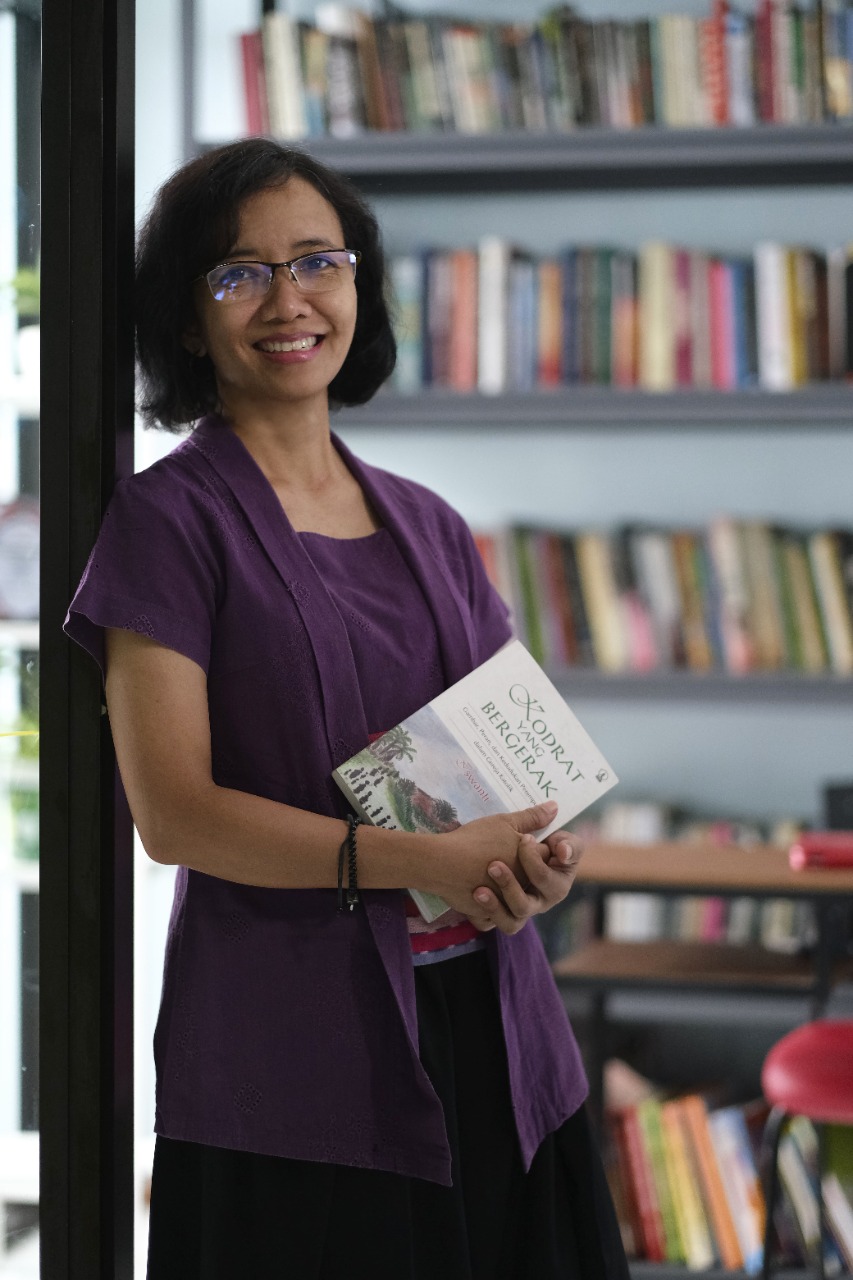Board of Indonesia untuk Kemanusiaan (Indonesia for Humanity)
Anik is an experienced fundraiser for women’s rights activism works in Indonesia. She has spent nearly two decades supporting community organizations working with marginalized people to fast-track social transformation, specifically in gender equality.
Anik grew up in Jakarta. Her father was in the military, and her mother was a graduate from a teacher school. Young Anik saw how her mother busied herself working as a teacher – how she seemed to do multiple things, but in the end, would only be handed a supporting role.
After completing her Business Administration bachelor degree at University of Indonesia, Anik joined Multilateral Development Bank Watch at the International NGO Forum on Indonesian Development (INFID) as a campaigner, while lecturing at Atmajaya University.
In 2001, she flew to the Philippines to pursue masters in Development Management at the country’s Asian Institute of Management. The following year, Anik went to Remdec (resource management development and consultant) and was assigned to lead Indonesian Social Foundation for Humanity (YSIK). Later, she also joined the Asia Foundation and the World Population Foundation focusing on gender-based violence and sexual reproductive health and rights.
Looking back, Anik’s awareness of gender came gradually, years after she started her career. She realized that even within NGOs working in human rights, a gender perspective was still something uncommon.
“I came to know gender very slowly,” Anik says. “The inequality between men and women makes me wonder about my own values, and it was inevitable that it affected my spiritual life,” she ponders.
As Anik met with more figures who frequently talked about feminism, her understanding grew. The issues affected her even more greatly after National Commission on Violence Against Women (Komnas Perempuan) approached YSIK for help. The commission wanted YSIK – which later became known as Indonesia for Humanity (IKa) – to collect public funding and manage a women’s fund. The fund was later called Pundi Perempuan.
Through IKa and Pundi Perempuan, Anik and her team mobilize public contributions in all areas – funding, volunteers, network and knowledge – to help activists do their work. What the fund does is essentially filling the gap between large international NGO networks and grassroots, community-based initiatives who often do not need a big amount of cash to create real impact.
Pundi Perempuan provides a trust fund for women crisis centers in Indonesia assisting women victims of violence. Currently, Pundi Perempuan can only serve six organizations in a year. Ticket size for each organization is around IDR 20 million (USD 1,400), which means, every year Pundi Perempuan needs to collect at least IDR 120 million (USD 8,400).
“For knowledge gaps, for example, Pundi Perempuan teaches basic things such as how to make a good report, who to contact, and other practical tips. IKa also sources networking,” Anik explains further.
For now, IKa has four funds – Pundi Insani (Human Rights Fund), Pundi Perempuan (Women’s Fund), Pundi Hijau (Green Fund) and Pundi Budaya (Cultural Fund). Even though only one fund (Pundi Perempuan) explicitly focuses on gender issues, IKA remembers to ask their partners in other funds to also be gender conscious. This way, IKa’s also serves as a link to build intersectionality between issues.
For GLI to contribute to Indonesia’s philanthropy space’s growth, the Government must provide clear regulation and goodwill to improve quality, Anik says. Strengthening professionalism and keeping hold of the organization’s values cannot be separated. Moreover, there needs to be continuous efforts to develop knowledge and understanding from donors about fundraising. “Treat this as an investment to build a more just society,” Anik always tells her donors.
Moving forward, Anik wants to expand the Pundi Perempuan model to other regions in Indonesia. She envisions Pundi Perempuan to be more than just a philanthropic project. It could be a movement. A drive to build solidarity across different communities and raise awareness about women issues and burdens.
Fundraisers like Anik show that GLI could and should be more than just focusing on women-led businesses.





